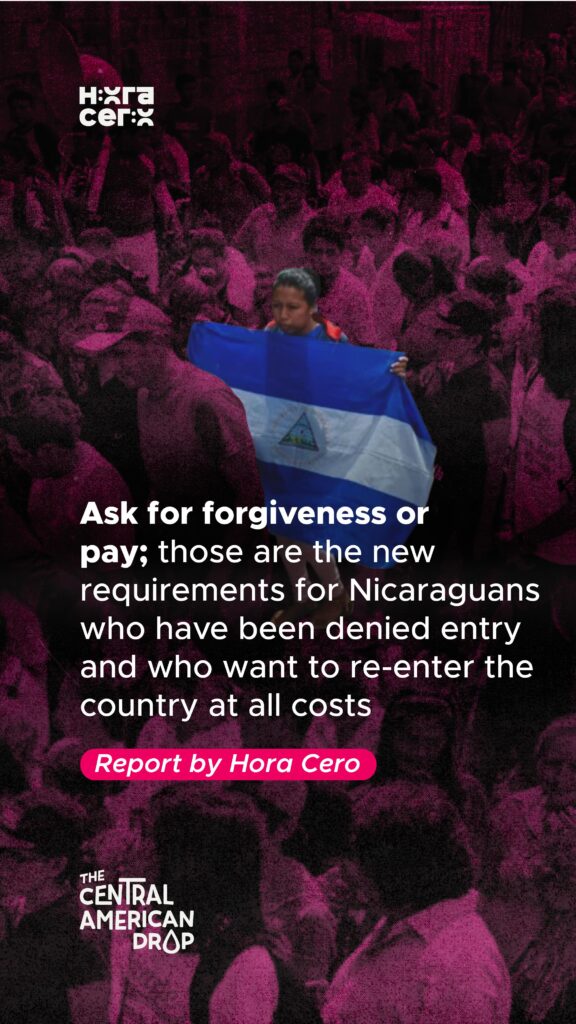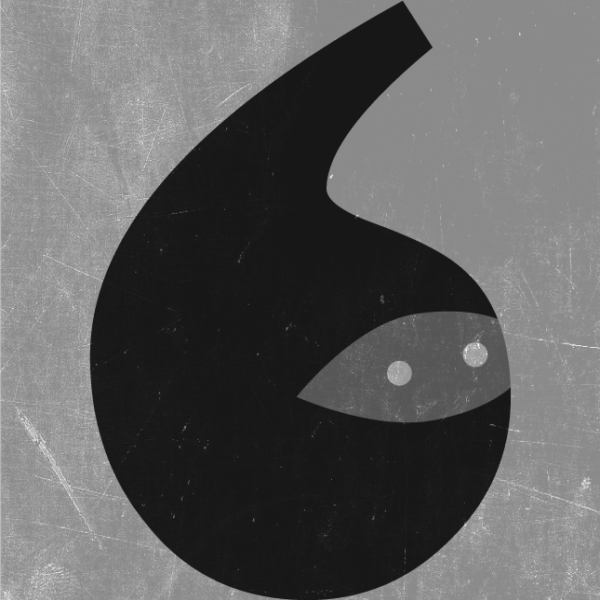
Ask for forgiveness or pay; those are the new requirements for Nicaraguans who have been denied entry and who want to re-enter the country at all costs
Maldito País
octubre 7, 2025
For hundreds of Nicaraguans living in exile, returning home now comes with a price — sometimes in dollars, sometimes in humiliation. According to testimonies and human rights reports, the government of Daniel Ortega and Rosario Murillo has established new informal requirements for reentry: pay thousands of dollars or write a letter asking for forgiveness.
Exile in Nicaragua no longer occurs at a distance with the stripping of citizenship from more than 300 people. It now happens right on the country’s borders. In the last year, the United Nations recorded 52 denials of entry and 156 expulsions of Nicaraguans. In just one recent month, there were more such cases than in the entire previous year.
Behind these measures lies an opaque system of control. According to the Group of Human Rights Experts on Nicaragua, the process begins when airlines share passenger manifests with immigration authorities. The names are then cross-referenced with databases from the Ministry of the Interior and reviewed against individuals’ social media activity. Based on these checks — and without any formal resolution or due process — officials decide who can enter. Often, the notification of denial comes from the airline itself, delivered via email or at the check-in counter.
Those deemed undesirable face two options: pay large sums of money to intermediaries or pen a letter of repentance addressed to Vice President Rosario Murillo. Both mechanisms operate outside the law, applied at the regime’s discretion. “It’s not a choice,” one exile told Hora Cero, “Either you pay or you humiliate yourself.”
The system has created an atmosphere of fear and uncertainty. Many Nicaraguans now hesitate to travel abroad, unsure if they will be allowed back in. “Every time someone leaves, they don’t know if they’ll be able to return,” said one human rights advocate. What began as targeted repression against political dissidents has expanded to ordinary citizens.
Observers describe this as a strategy of border control and psychological warfare — a way to weaponize nostalgia and the desire to return home. “They know that exile hurts,” said another source. “At some point, you miss your family, your land, your country. And that’s when they exploit your need — they tell you, ‘You can come back, but on our terms.’”
The requirement to write letters of “forgiveness,” critics say, is particularly cruel. It forces people to admit guilt for acts such as attending protests, posting on social media, or simply thinking differently. In effect, returning to Nicaragua becomes an act of submission — an acknowledgment of the regime’s power over both body and conscience.
As fear spreads, fewer people travel, fewer families reunite, and fewer lives move forward. The country, one exile remarked, “feels less like a nation and more like a prison.”
In Nicaragua, repression no longer ends at the border. It begins there.


